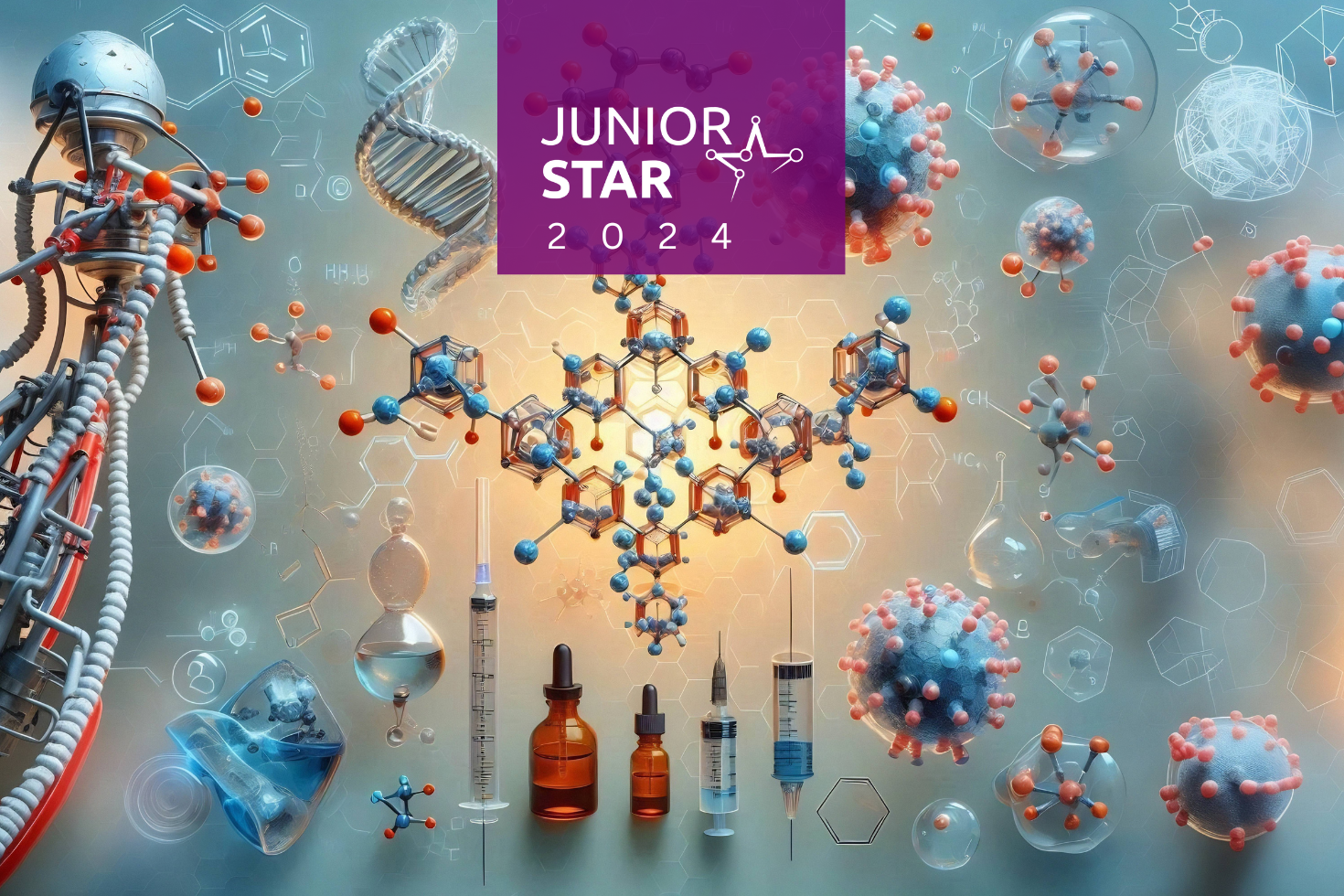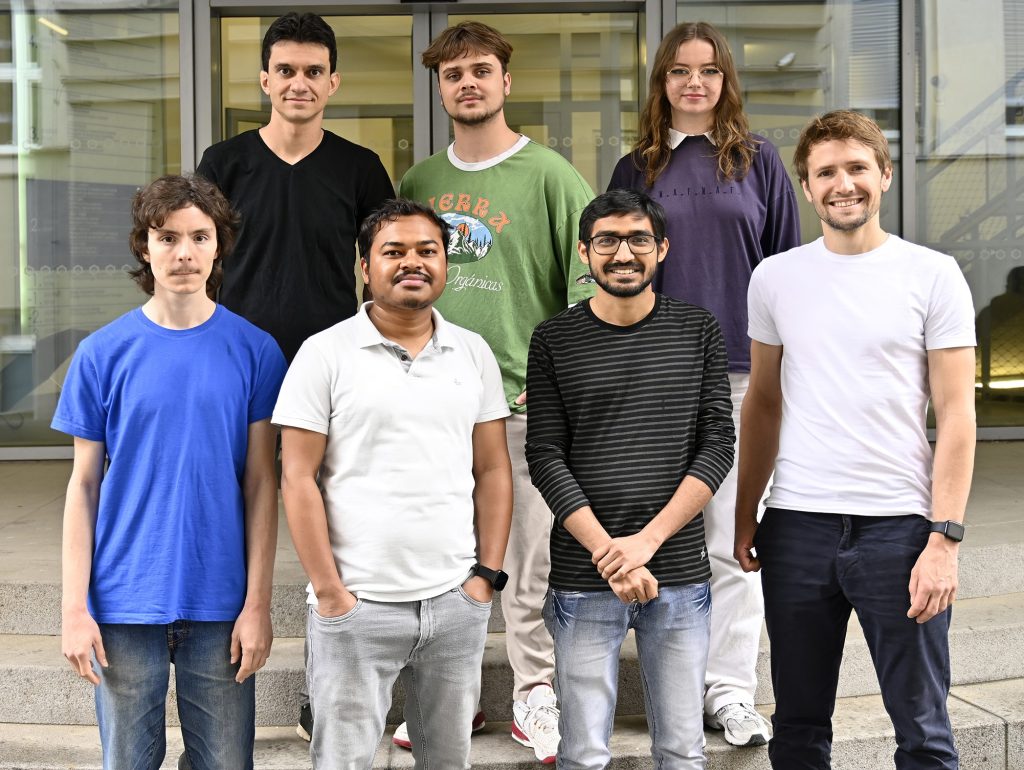
Dr. Paioti from the Institute of Organic Chemistry and Biochemistry of the CAS leads a prestigious JUNIOR STAR project investigating atropisomers — molecules with potential to revolutionize drug development. He and his team are developing innovative synthesis methods to discover and produce vital pharmaceuticals in more sustainable ways.
Precision of molecular interactions
Dr. Paioti, the principal investigator of the project, became fascinated with chemistry during his university studies, when he discovered the intricate dance of molecules and their effects on the properties of substances. “Much of the beauty in chemistry,” he says, “comes from understanding how molecules interact at the molecular level and how this affects a property that can actually be seen or felt.” One example he is impressed with is that of vincristine, a structurally complex organic molecule that after entering the human body specifically chooses to target cancer cells, showcasing the precision of these molecular interactions.
Atropisomers: key to sustainable drug development?
Dr. Paioti and his team focus on atropisomers — a class of molecules with significant potential in pharmaceutical applications. More accurately, their goal is to develop new methods for synthesizing these molecules while minimizing environmental harm. “Atropisomers are crucial for the future of drug development, and our work aims to expand the repertoire of available compounds, potentially leading to groundbreaking treatments for various diseases,” explains the scientist.
If successful, Dr. Paioti’s project could have a profound impact on both health and sustainability. “In the long term, the project can lead to new pharmaceuticals that can fight deadly diseases such as cancer,” he notes. Additionally, the research could pioneer more eco-friendly chemical processes. For instance, he and his team are developing nickel-catalyzed reactions as a much less toxic alternative to palladium-catalyzed processes, which are also more costly and less common in nature. By utilizing nickel, Dr. Paioti hopes to create more sustainable and accessible methods for producing vital pharmaceuticals.
The importance of international collaboration
This JUNIOR STAR project is inherently international, reflecting Dr. Paioti’s belief that “science should have no borders”. After studying chemistry in Brazil, completing his PhD in the USA, followed by a postdoc in France, his career path led him to Czechia. After all these experiences, he deeply values the diverse perspectives that come from a multicultural team. His current group includes members of five different nationalities. “The project will only be truly successful if we collaborate with researchers from abroad as well from here,” he says, emphasizing the importance of global cooperation in scientific success and progress.

Dr. Paioti with his team